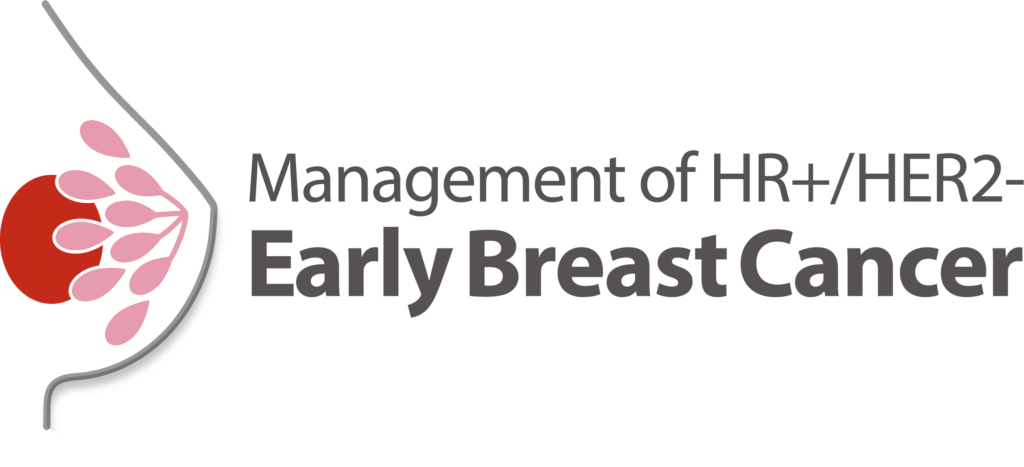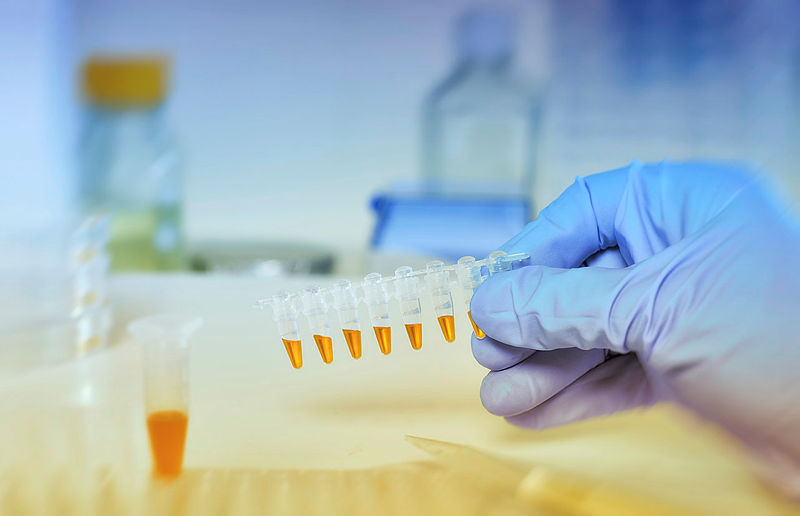medwireNews: The 21-gene expression assay may be a poor prognostic aid for premenopausal women aged less than 40 years with luminal B subtype, hormone receptor-positive, HER2-negative early breast cancer, indicates research presented at the ESMO Asia Congress 2022 in Singapore.
Among patients with these characteristics, the rate of invasive breast cancer-free survival (iBCFS) did not significantly differ between those with a recurrence score (RS) of more than 25 versus a lower score, reported presenting author Jaewon Hyung (Asan Medical Center, Seoul, South Korea).
The study assessed the outcomes of 554 premenopausal woman aged less than 50 years who had undergone breast-conserving surgery (74.4%) or mastectomy (25.6%) for hormone receptor-positive early breast cancer and were given adjuvant tamoxifen with or without adjuvant chemotherapy.
The patients were followed up for a minimum of 3.0 years (median 5.9 years), during which time 7.6% experienced ipsilateral breast or locoregional recurrence (2.9%), contralateral invasive breast cancer (1.1%), or distant metastases (3.6%).
Hyung explained that 85.0% of patients had a low RS of 25 or less and 15.0% had a score higher than 25, while 51.9% of patients had a high clinical risk and 46.1% a low risk. Patients were more likely to have received adjuvant chemotherapy if they had an RS above 25 than a lower score regardless of if they had pN0 (79.0 vs 6.2%) or pN1 (76.2 vs 10.1%) disease, he noted.
The 8-year rate of iBCFS was significantly higher in patients with an RS of 0–25 than a higher score (91.6 vs 83.6%) giving a hazard ratio (HR) for invasive disease of 2.7.
But multivariable analysis highlighted two factors that “were more significantly associated with the outcomes” than RS, namely age less than 40 years (HR=1.87 vs age ≥40 years) and luminal B subtype based on Ki67 score (HR=2.42 vs luminal A).
Indeed, patients aged less than 40 years with luminal B subtype disease were significantly more likely to experience invasive recurrence than their counterparts who were aged less than 40 with luminal A subtype or older patients with either subtype, and these characteristics were used to form poor and good prognosis subgroups, respectively.
At 8 years, the iBCFS rate was significantly higher in the good versus poor prognosis subgroups, at 92.7% versus 79.4% and a HR for recurrence of 3.29.
Invasive breast cancer and distant metastases occurred in 20.0% and 11.7%, respectively, of the 60 patients with a poor prognosis versus in a corresponding 6.1% and 2.6% of the 494 patients with a good prognosis, the presenter emphasized.
Poor prognosis patients were significantly more likely than those with a good prognosis to have received adjuvant chemotherapy (35.0 vs 15.8%), to have a RS above 25 (26.7 vs 13.6%), and to have grade 3 histology (27.1 vs 9.0%), but the groups had similar pathologic T stage and N stage.
However, while there was a significant difference in the 8-year survival rate for good prognosis patients with an RS of 0–25 versus above 25 (93.9 vs 85.7%; HR=2.88), no such difference was found among the poor prognosis patients by RS (73.6 vs 75.0%; nonsignificant HR=1.49).
Invited discussant Khalil Zaman (Lausanne University, Switzerland) praised the study for its size, risk factor assessment, and its focus on “younger patients, where genomic signatures are less predictive,” but also observed that it was a single-center study and that use of chemotherapy may have introduced confounding factors.
Nevertheless, Zaman summarized that use of luminal subtype, RS score, and patient age, alongside tumor size, grade, nodal status, hormone receptor and HER2 expression are “very useful to select a patient who need probably an escalation of their adjuvant treatment.”
medwireNews is an independent medical news service provided by Springer Healthcare Ltd. © 2022 Springer Healthcare Ltd, part of the Springer Nature Group
ESMO Asia Congress 2022; Singapore: 2–4 December
Ann Oncol 2022; 33 (suppl_9): S1431–S1435
Meeting link https://www.esmo.org/meeting-calendar/past-meetings/esmo-asia-congress-2022
Author: Lynda Williams

